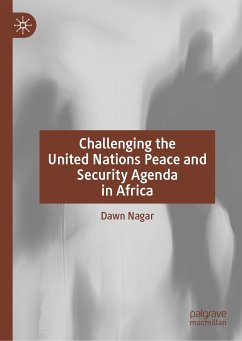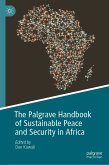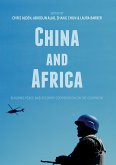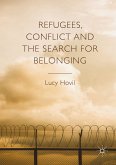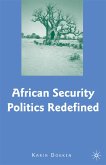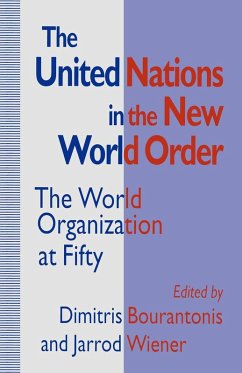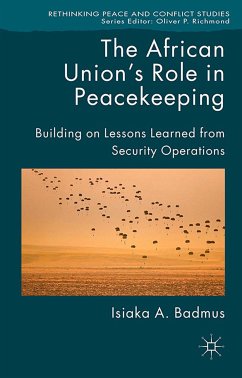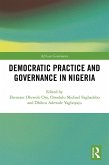"Having followed previous studies and ongoing debates on UN reform, this significant piece of work provides a relevant contribution as a critique of the United Nations' involvement in Africa over a critical period of more than half a century. The book will serve as a valuable resource that provides a comprehensive conceptual framework of thought-provoking arguments and recommendations. These will benefit policy-makers and practitioners fundamental to UN-Africa partnerships, for the achievement of sustainable human capital development, peace, and stability across the African continent."
-Ambassador Dr Patrick I. Gomes, Former Secretary-General of the African, Caribbean, and Pacific (ACP) Group of States (now known as the Organisation of the African, Caribbean, and Pacific States [OACPS])
This book concerns the United Nations' peacemaking, peacekeeping, peace-building, and post-conflict reconstruction efforts in Africa from 1960 to 2021. Succinctly discussed are historic and contemporary peace, security, and economic engagements within 18 countries spanning eight African regions: the Great Lakes; the Economic Community of Central African States; East Africa; the Horn of Africa; North Africa; the Sahel Region; West Africa; and Southern Africa. The book develops a neo-realist and imperialist critique that discusses how resource-rich, conflict-ridden states have become easy targets for capitalists, terrorists, and transnational crime, aligned to geostrategic parochial interests. Critically argued is that endogenous economic growth factors, if applied effectively, can achieve both peace and security, and meet the Global Sustainable Development Goals. Such efforts require constructive engagement with the five permanent members of the UN Security Council: China, France, Russia, the UK, and the US. However, the book contends that the cornerstone of multilateral engagement involves Africa's 55 states and the African Union'sthree major pillars: the Peace and Security Council, the African Governance Architecture, and the Post-Conflict Reconstruction Development Centre, which have the ability to move resource-rich, conflict-ridden states out of transnational crime and poverty.
This book offers wide-ranging analyses of contemporary African diplomacy and a compelling critique of UN peacekeeping efforts in Africa, which resonates to scholars of international relations, peace and conflict studies, and African politics.
Dawn Nagar holds a Ph.D. in International Relations from the University of the Witwatersrand, Johannesburg, and Masters degrees in Politics and International Relations; and Philosophy from the Universities of Cape Town, and Port Elizabeth (Nelson Mandela University), South Africa, respectively.
Dieser Download kann aus rechtlichen Gründen nur mit Rechnungsadresse in A, B, BG, CY, CZ, D, DK, EW, E, FIN, F, GR, HR, H, IRL, I, LT, L, LR, M, NL, PL, P, R, S, SLO, SK ausgeliefert werden.
Es gelten unsere Allgemeinen Geschäftsbedingungen: www.buecher.de/agb
Impressum
www.buecher.de ist ein Internetauftritt der buecher.de internetstores GmbH
Geschäftsführung: Monica Sawhney | Roland Kölbl | Günter Hilger
Sitz der Gesellschaft: Batheyer Straße 115 - 117, 58099 Hagen
Postanschrift: Bürgermeister-Wegele-Str. 12, 86167 Augsburg
Amtsgericht Hagen HRB 13257
Steuernummer: 321/5800/1497
USt-IdNr: DE450055826
Bitte wählen Sie Ihr Anliegen aus.
Rechnungen
Retourenschein anfordern
Bestellstatus
Storno

